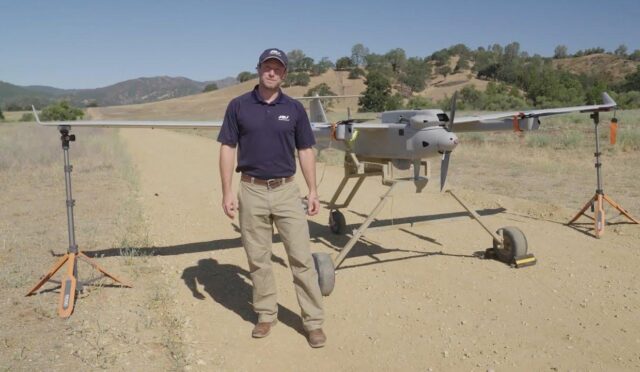Iran Rejects IAEA Chief Grossi’s Request
On Friday, Iran firmly rejected a request from Rafael Grossi, the head of the International Atomic Energy Agency (IAEA), to visit nuclear facilities that had previously been bombed by Israel and the United States. Iranian officials interpreted this request as a suggestion of ‘malign intent.’ Foreign Minister Abbas Araghchi took to social media platform X to express his concerns, stating that Grossi’s insistence on assessing the bombed sites under the guise of safeguards was not only unreasonable but could be perceived as having ill intentions.
Araghchi further emphasized Iran’s right to defend its national interests and sovereignty, underscoring that the nation would take necessary measures to protect itself and its citizens. His comments reflect a growing frustration with international scrutiny and highlight the complexities surrounding Iran’s nuclear program amidst geopolitical tensions.
Criticism of Grossi’s Role
The Foreign Minister did not hold back in his critique of Grossi, publicly chastising him for failing to denounce the airstrikes conducted by Israel and the United States on Iran’s nuclear sites. He characterized Grossi’s inaction as an ‘astounding betrayal’ of his responsibilities, accusing him of enabling the unlawful bombings through a lack of clarity regarding Iran’s engagement with the IAEA.
Araghchi pointed out that Grossi had obscured Iran’s efforts to address the agency’s concerns, referencing a report from May 31 where Iran’s cooperation was described as ‘less than satisfactory.’ This report ultimately led to a censure motion by the IAEA board of governors, which Iran argues was instrumental in the escalation that led to Israel’s military actions against it.
Parliament’s Support for Reduced IAEA Cooperation
Amidst escalating tensions, the Iranian parliament approved a bill aimed at suspending cooperation with the IAEA. This legislative move signals Iran’s intent to alter its relationship with the nuclear watchdog unless its safety and security concerns regarding nuclear activities are adequately addressed. Araghchi stated that this new stance would remain in place until Iran felt assured about its nuclear operations.
The decision by the Iranian parliament reflects not only domestic support for a firmer stance against international pressures but also underlines a pivotal moment in Iran’s approach to its nuclear program. The tightening of relations with the IAEA highlights the precarious balance between maintaining national sovereignty and engaging with global governance structures.
Calls for Inspector Access
Earlier in the week, Grossi reiterated the need for IAEA inspectors to gain access to Iran’s nuclear facilities to verify the country’s significant stockpile of highly enriched uranium. This request comes amidst rising apprehensions from Israel and Western nations regarding Iran’s capability to reposition its stockpiles ahead of the U.S. and Israeli airstrikes.
These discussions are crucial as they unfold against the backdrop of Iran’s nuclear ambitions, which remain a focal point of international concern. The interplay between Iran’s defensive posturing and the IAEA’s oversight efforts demonstrates the ongoing complexities in international nuclear diplomacy.







